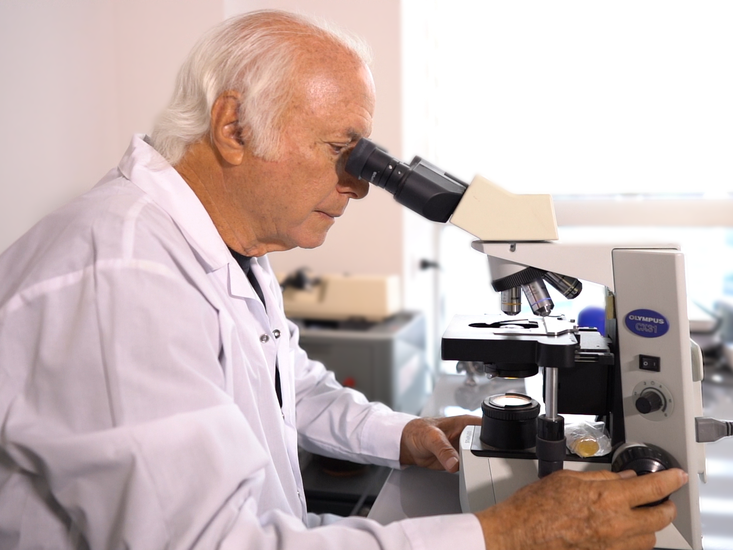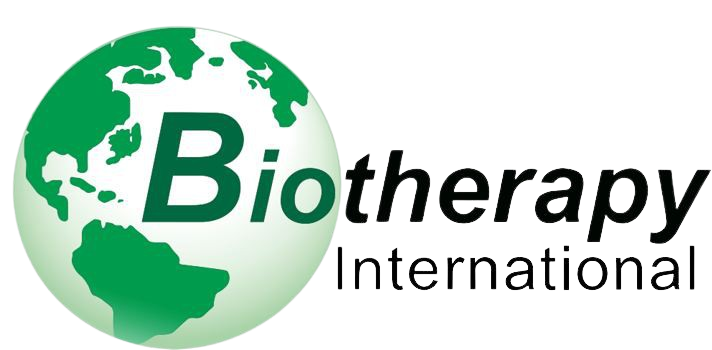Revolutionizing Cancer Treatment: Intentionally Mismatched Donor Cell Immunotherapy

After over thirty years of dedicated research, Prof. Slavin and the Biotherapy International team recently published groundbreaking findings in the Journal of Cancer Research and Clinical Oncology, showcasing the success of their pioneering immunotherapy approach. This innovative method involves using intentionally mismatched donor lymphocytes, activated before administration, for anti-cancer immunotherapy.
The study addresses the urgent need for effective treatments for patients with hematologic malignancies who do not respond to traditional chemotherapy. Typically, these patients undergo stem cell transplantation (SCT), also known as allogeneic hematopoietic cell transplantation (alloHCT). However, SCT carries significant risks, including graft-vs-host disease (GVHD), where the donor’s immune cells attack the recipient’s tissues.
To address these challenges, Prof. Slavin developed a novel immunotherapy protocol utilizing Intentionally Mismatched pre-treatment Activated Killer cells (IMAK). These activated killer cells, derived from family members or unrelated volunteers, were activated with Interleukin-2 (IL-2), a potent immune system mediator. This approach aimed to target multi-drug resistant cancers such as acute myeloid leukemia (AML), acute lymphoblastic leukemia (ALL), non-Hodgkin’s lymphoma (NHL), and multiple myeloma (MM).
Of the 33 patients treated with IMAK, 22 achieved complete response (CR) or long-lasting remission (PFS), while 5 showed partial response (PR) and only 6 patients suffered from progressive disease. Notably, none developed GVHD, and most experienced only mild to moderate side effects, similar to those of a mild infection. Importantly, this treatment approach offers a powerful and rapid response to cancer cells without the long-term complications associated with SCT.
Overall, this study demonstrates the feasibility, safety, and effectiveness of using intentionally mismatched donor cells for immunotherapy, offering hope to patients deemed incurable by traditional treatments. It highlights the potential for a paradigm shift in cancer treatment, emphasizing the importance of targeting residual drug-resistant cancer cells for long-term remission and potential cure.

